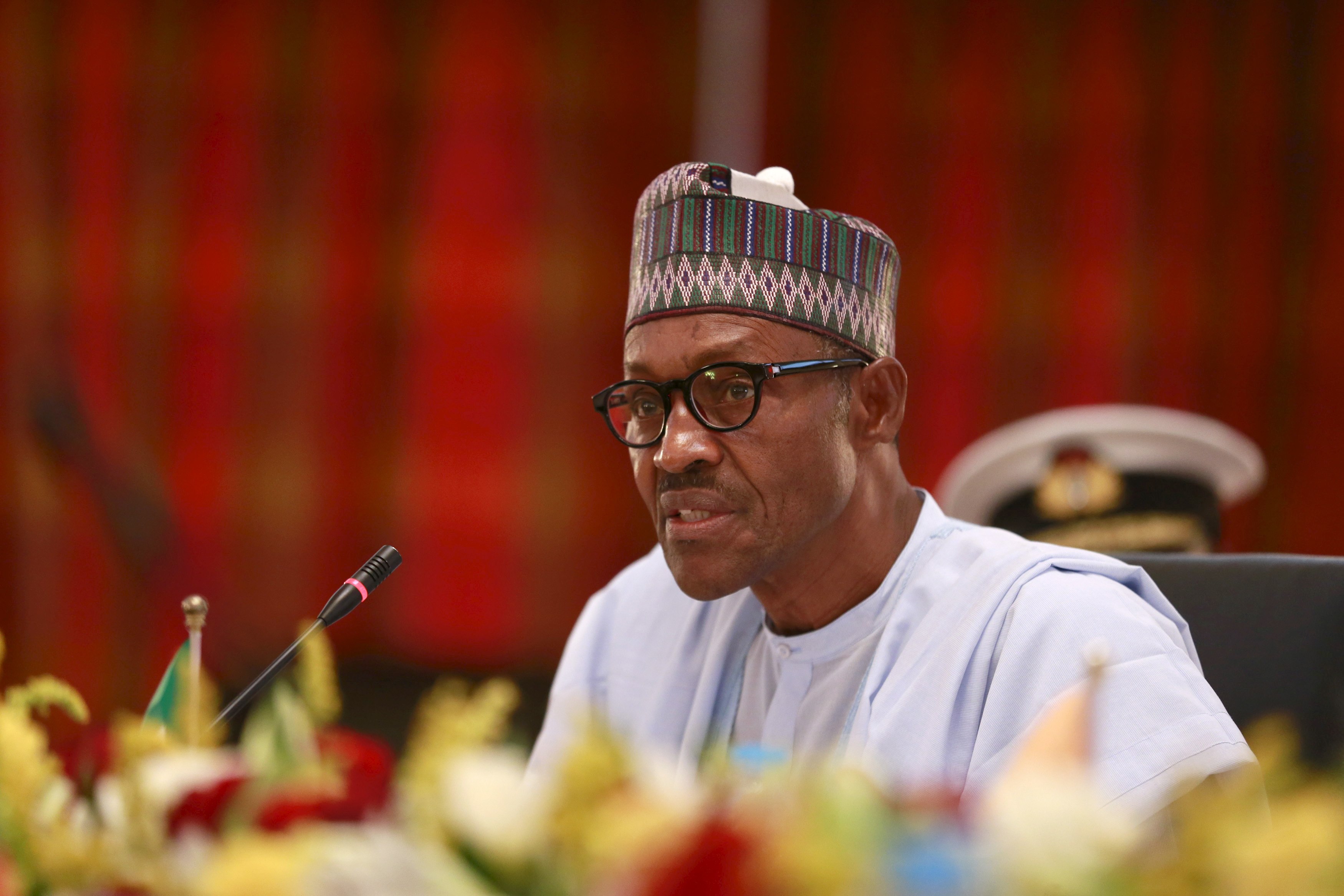
The Presidency has described as untrue the Financial Times report suggesting that Nigeria has placed restrictions on importation of agricultural products into the country.
Buhari had ordered the Central Bank of Nigeria (CBN) not to release foreign exchange for food importation.
The article with the headline: ”Muhammadu Buhari sparks dismay over policy on food imports”, was published on Aug. 15, alleging that the Buhari administration has placed embargo or restrictions on food imports.
However, Malam Garba Shehu, the Senior Special Assistant to the President on Media and Publicity, in a letter addressed to the Editor of the Financial Times and made available to newsmen in Abuja on Sunday, dismissed the content of the article, describing it as incorrect.
According to the presidential aide, there is no ban or restriction placed on the importation of agricultural products into the country as being insinuated in the report.
He maintained that the Buhari administration had consistently worked towards strengthening Nigeria’s own industrial and agricultural base.
The statement read in part: ”Sir – Your article “Muhammadu Buhari sparks dismay over policy shift on food imports” (Aug. 15) suggests the Nigerian Government is restricting the import of agricultural products into the country. This is simply incorrect.
”To be absolutely clear, there is no ban or restriction on the importation of food items whatsoever.
”President Buhari has consistently worked towards strengthening Nigeria’s own industrial and agricultural base. A recent decision sees the Central Bank maintain its reserves to put to use helping growth of domestic industry in 41 product sectors rather than provide FOREX for the import of those products from overseas.
”Should importers of these items wish to source their FOREX from non-government financial institutions (and pay customs duty on those imports – increasing tax-take, something the FT has berated Nigeria for not achieving on many occasions) they are freely able to do so.
”Diversification of FOREX provision towards the private sector and away from top-heavy government control, a diversification of Nigeria’s industrial base, and an increase in tax receipts – are all policies one might expect the Financial Times to support.
”Yet for reasons not quite clear, the author and this newspaper seem to believe the president’s administration seeks to control everything – and yet do so via policies that relinquish government control.
”We look forward to the next installment of M. Munshi’s bizarre and puzzling article series,” he said.





